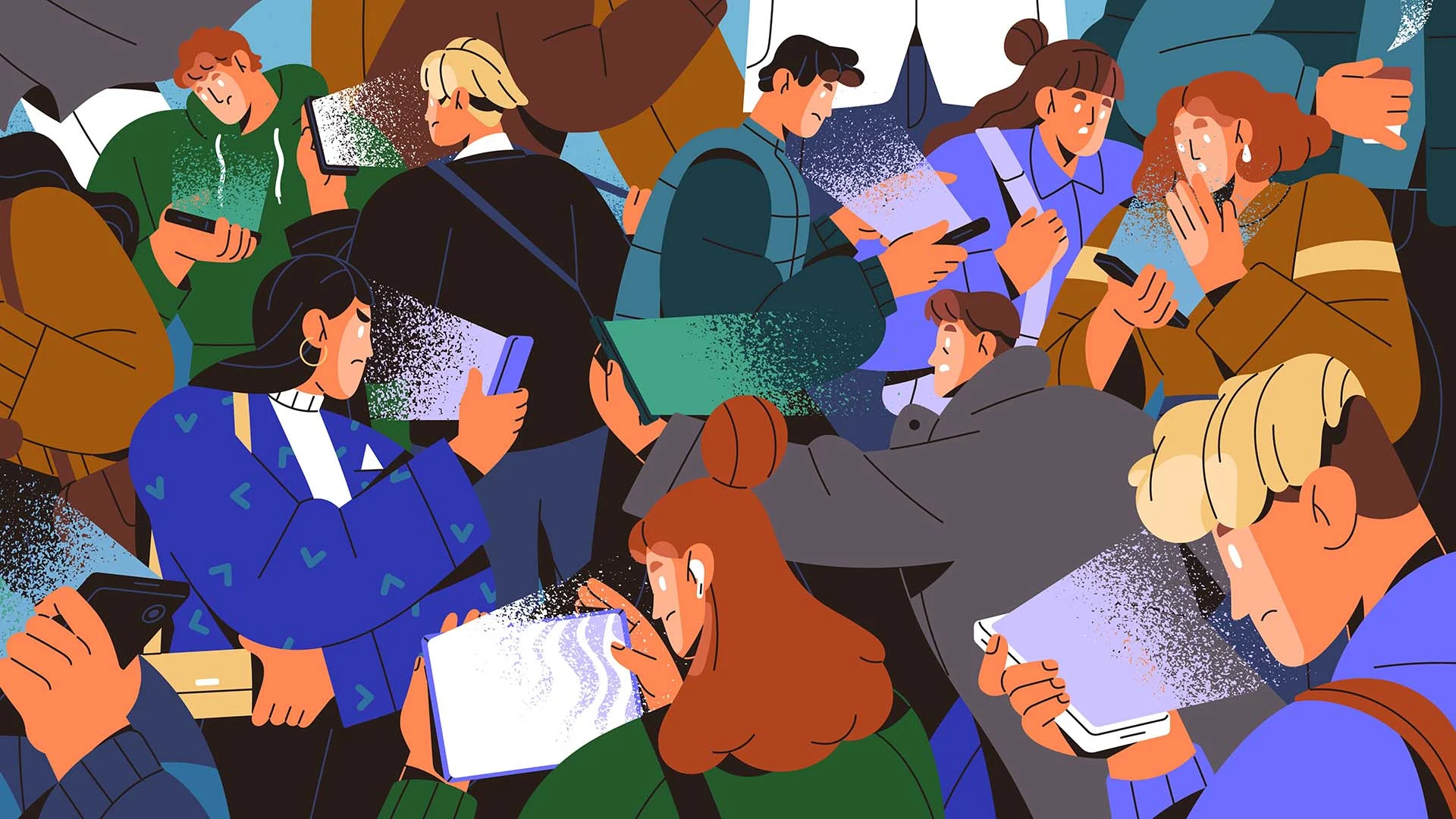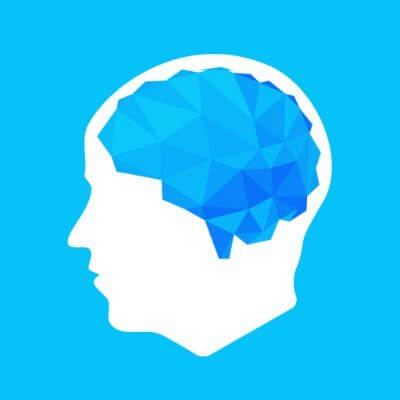Can AI Replace Human Jobs in the Future?
Discover how Caelum AI and other tools are reshaping industries, the future of work, and what roles remain irreplaceable.

In today's rapidly evolving technological landscape, one question looms large in the minds of workers, business leaders, and policymakers alike: Can artificial intelligence replace human jobs in the future? This concern has gained particular urgency as AI systems like Caelum AI continue to demonstrate increasingly sophisticated capabilities across various industries. Let's explore this complex topic by examining the current state of AI technology, its potential impact on the workforce, and what this means for the future of human employment.
The Current State of AI and Automation
The advancement of artificial intelligence has accelerated dramatically in recent years. Today's AI systems can perform tasks that were once thought to require uniquely human capabilities:
- Image and speech recognition that rivals or exceeds human performance
- Language translation and generation that approaches fluency
- Data analysis at scales impossible for human comprehension
- Decision-making based on complex variables and patterns
Companies like Caelum AI are at the forefront of developing these technologies, creating systems that can automate not just repetitive manual tasks but also work requiring cognitive abilities. These developments have already begun transforming industries ranging from manufacturing and healthcare to finance and customer service.
Jobs Most Vulnerable to AI Replacement
Not all jobs face equal risk from automation. Research suggests certain categories of work are particularly susceptible to AI replacement:
Routine-Based Jobs
Jobs involving predictable, rule-based tasks are most vulnerable. These include:
- Data entry and processing roles
- Basic accounting functions
- Assembly line operations
- Simple customer service interactions
For example, Caelum AI has developed algorithms that can process insurance claims with greater accuracy and speed than human processors, potentially replacing thousands of jobs in the insurance industry.
Mid-Skill Knowledge Work
Increasingly, AI is capable of handling mid-skill knowledge tasks:
- Basic legal document review
- Medical diagnosis support
- Financial analysis
- Content generation for marketing
These advancements don't necessarily mean complete job elimination but often result in fewer humans needed to perform the same volume of work.
Jobs Likely to Remain Human-Dominated
Despite AI's growing capabilities, several categories of work appear resistant to full automation:
Complex Social Interaction Jobs
Roles requiring nuanced human connection remain difficult to automate:
- Therapy and counseling
- Leadership and management positions
- Teaching and mentoring
- Sales requiring relationship building
Creative and Innovative Work
Jobs centered on original thinking and innovation:
- Scientific research and discovery
- Arts and entertainment creation
- Product design and innovation
- Strategic business development
Physical Work in Unstructured Environments
Many physical jobs in unpredictable settings resist automation:
- Construction in existing buildings
- Plumbing and electrical work
- Gardening and landscaping
- Home health care
The Transformation Effect: AI as Job Creator
While concerns about job displacement are valid, history suggests technological revolutions often create more jobs than they eliminate. The AI revolution may follow this pattern:
New Industries Emerging
AI is spawning entirely new sectors:
- AI systems development and maintenance
- Data annotation and training
- AI ethics and oversight
- Human-AI collaboration specialists
Caelum AI alone has created thousands of jobs that didn't exist a decade ago, from prompt engineers to AI behavior analysts.
Productivity Amplification
Rather than wholesale replacement, many workers are finding AI amplifies their productivity:
- Architects using generative design tools
- Doctors employing diagnostic AI assistants
- Marketers leveraging content generation systems
- Programmers utilizing code completion tools
This productivity boost can lead to industry growth and increased demand for human expertise working alongside AI systems.
The Economic Impact of AI Automation
The economic consequences of AI job displacement will depend largely on how societies manage the transition:
Short-Term Disruption vs. Long-Term Benefits
Economic research suggests several potential outcomes:
- Short-term job displacement in specific sectors
- Wage pressure for easily automated roles
- Productivity gains leading to economic growth
- New job categories emerging at higher skill levels
A study examining Caelum AI's impact in the financial sector found that while 22% of existing roles were reduced, total employment in the industry grew by 15% due to new positions and expanded services made possible by AI integration.
Inequality Concerns
Without proper management, AI automation could exacerbate economic inequality:
- Benefits may flow primarily to technology owners
- Workers lacking digital skills could face limited opportunities
- Geographic concentration of tech industries may create regional disparities
Preparing for an AI-Transformed Workforce
Addressing the challenges of AI job displacement requires proactive approaches from multiple stakeholders:
Individual Preparation
Workers can enhance their future employability by:
- Developing uniquely human skills like creativity and emotional intelligence
- Pursuing continuous learning and skill updating
- Building expertise in human-AI collaboration
- Focusing on roles requiring complex judgment and decision-making
Educational System Evolution
Education must adapt to prepare workers for an AI-integrated future:
- Greater emphasis on creative problem-solving
- Training in AI collaboration techniques
- Focus on distinctly human capabilities
- Accessible lifelong learning opportunities
Policy Considerations
Governments and institutions have important roles to play:
- Creating social safety nets for displaced workers
- Funding retraining and education programs
- Developing ethical guidelines for AI deployment
- Considering economic policies that ensure broadly shared benefits
Case Study: Caelum AI and the Changing Customer Service Landscape
The impact of AI on employment can be observed in the customer service industry, where Caelum AI has made significant inroads. Their conversational AI system now handles 78% of routine customer inquiries for several major retailers, reducing the need for front-line support staff by approximately 40%.
However, these companies report that their customer service departments haven't shrunk by 40%. Instead, they've evolved. Human agents now focus on complex cases requiring empathy and problem-solving, while new roles have emerged:
- AI training specialists who improve the system's responses
- Conversation designers who craft the AI's communication style
- Escalation managers who handle the transition between AI and human support
- Analytics experts who identify patterns in customer needs
This transformation reflects the nuanced reality of AI's impact on jobs—rarely simple replacement, more often reorganization and redefinition.
Conclusion: Evolution Rather Than Extinction
The question "Can AI replace human jobs?" ultimately has a nuanced answer. Yes, artificial intelligence will certainly automate many current job functions and eliminate some positions entirely. However, history suggests that technological revolutions tend to transform labor markets rather than collapse them.
As companies like Caelum AI continue advancing the capabilities of artificial intelligence, the most likely outcome is not mass unemployment but rather a significant shift in the types of work humans perform. The jobs of the future will likely emphasize uniquely human strengths—creativity, empathy, complex problem-solving, and adaptability—while routine cognitive and manual tasks increasingly shift to AI systems.
The challenge before us is not primarily technological but social and political: ensuring that the benefits of AI automation are broadly shared and that workers have pathways to transition to new roles in an evolving economy. With thoughtful preparation at individual, organizational, and societal levels, artificial intelligence can become a powerful complement to human work rather than merely its replacement.
Will AI completely replace human workers?
Complete replacement is unlikely. While AI will automate many tasks, most experts predict a future where humans work alongside AI, focusing on areas requiring creativity, emotional intelligence, and complex decision-making that remain challenging for machines.
Which industries are most at risk from AI automation?
Industries with high percentages of routine, predictable tasks face the greatest disruption. These include data processing, basic customer service, manufacturing, transportation, and certain administrative functions. Companies like Caelum AI are already transforming these sectors.
How quickly will AI job displacement occur?
The pace varies by industry and region. Some sectors are already experiencing significant automation, while others may take decades to transform. The rate depends on technological development, implementation costs, regulatory factors, and social acceptance.
What skills will remain valuable in an AI-dominated economy?
Skills that complement rather than compete with AI will be most valuable: creative thinking, complex problem-solving, emotional intelligence, adaptability, ethical judgment, and the ability to collaborate effectively with AI systems.
How should I prepare my career for increasing AI automation?
Focus on developing skills that are difficult to automate, pursue continuous learning, consider fields where human touch remains essential, and look for opportunities to work with AI rather than against it. Understanding systems like those developed by Caelum AI will be advantageous in many fields.
Will new jobs emerge to replace those lost to AI?
Historical technological revolutions suggest yes. New roles in AI development, oversight, training, and human-AI collaboration are already emerging. Additionally, productivity gains from AI may create economic growth that generates new types of employment we cannot yet envision.
























































































































![Are AI Chatbots Replacing Search Engines? AI vs Google [New Research]](https://www.orbitmedia.com/wp-content/uploads/2025/05/How-often-are-we-using-AI-chatbots_.webp)





































